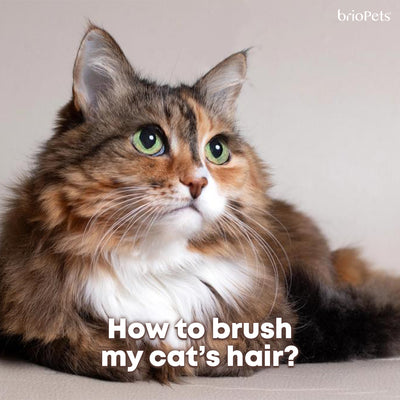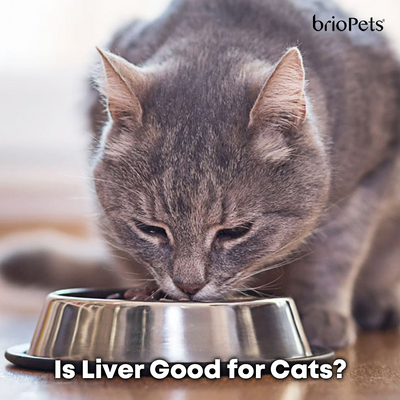
Yes! Including liver in your cat's diet is beneficial to your furkid's health. Here are some benefits and concerns when it comes to feeding livers to your cat.
Benefits of liver for cats
Besides being a great source of protein, livers are also excellent sources of important vitamins such as Vitamins A, B12 and C, and amino acids. Vitamin A supports healthy vision, healthy skin and coat, and proper muscle and nerve function. Vitamin B12 helps to maintain the immune system and is essential for healthy cognitive function. Lastly, vitamin C helps to acidify urine, which helps to prevent urinary issues like bladder stones.
Read: Does my cat have a urinary tract problem?
Besides vitamins, livers also contain important minerals such as iron, folate, selenium and copper; benefits of which range from boosting red blood cells to improving hair growth and coat quality.
How does liver increase palatability for your cat?
Despite being domesticated, cats still possess the ability to hunt when necessary. This is a trait passed down from their ancestors. Another trait that has been passed down is their preference for organ meats such as livers and gizzards. In the wild, it is common for cats to eat the livers of their prey as it provides vitamins which their bodies cannot produce, and they find it extremely tasty!
It is also a well-known fact that cats are strict carnivores. Research has shown that cats lack certain enzymes present in omnivores, such as dogs, and hence can digest meat a lot quicker than vegetables. This means that a cat’s diet consists mostly of muscle and organ meats.
What happens if my cat eats too much liver?
Ever heard of the saying ‘too much of anything is good for nothing?’ Well, the same thing applies to this. Although consuming liver provides essential nutrients for cats, too much of these nutrients can have detrimental effects on their health. Vitamin A toxicity and excess fat consumption are two such examples of overconsuming livers.

Vitamin A toxicity
The signs or symptoms of vitamin A toxicity can have a sudden or delayed onset. When excessively large doses of vitamin A are ingested, cats may develop rapid signs of vomiting, drowsiness, irritability, and skin peeling. However, over-supplementation of vitamin A over the course of weeks or months will lead to a delay in the onset of symptoms. These include poor coat, rough or dry skin, weakness, weight loss, constipation, excessive bone development, and painful or limited movement. If your cat is displaying any of these symptoms, seek medical attention immediately.
Excess fat consumption
When cats consume large amounts of fatty foods, the excess fat is stored in their liver. This can lead to liver diseases such as hepatic lipidosis and other obesity-related concerns. To understand more about obesity in cats, browse through our article on The Silent Killer - Obesity and its Hoodlums/Chonky Cats



